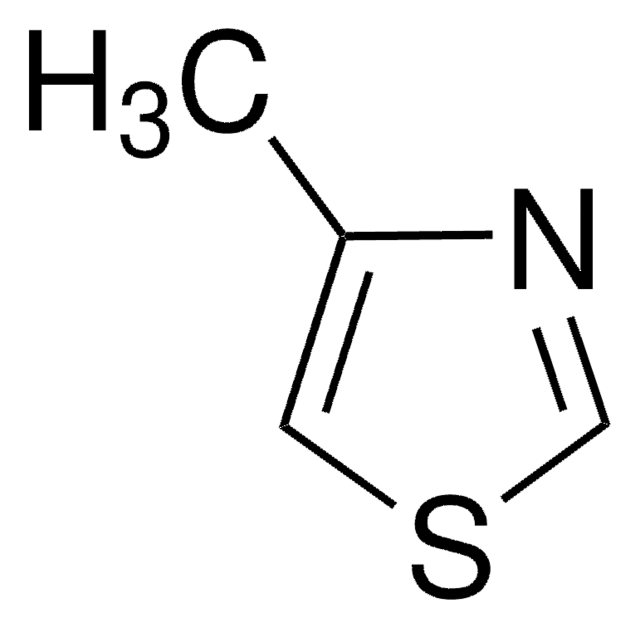379875
Palladium(II) acetate
99.98% trace metals basis
Synonym(s):
Pd(OAc)2, [Pd(OAc)2]3
Sign Into View Organizational & Contract Pricing
All Photos(3)
About This Item
Linear Formula:
Pd(OCOCH3)2
CAS Number:
Molecular Weight:
224.51
Beilstein:
6086766
EC Number:
MDL number:
UNSPSC Code:
12352103
PubChem Substance ID:
NACRES:
NA.23
Recommended Products
Quality Level
Assay
99.98% trace metals basis
form
powder
reaction suitability
core: aluminum
reagent type: catalyst
mp
216.3-223.7 °C (dec.)
SMILES string
CC(O[Pd]OC(C)=O)=O
InChI
1S/2C2H4O2.Pd/c2*1-2(3)4;/h2*1H3,(H,3,4);/q;;+2/p-2
InChI key
YJVFFLUZDVXJQI-UHFFFAOYSA-L
Looking for similar products? Visit Product Comparison Guide
Application
A non-halogenated palladium(II) complex. It has been used as a catalyst for coupling reactions and as a precursor to prepare palladium-containing materials for heterogeneous catalysis.
Signal Word
Danger
Hazard Statements
Precautionary Statements
Hazard Classifications
Aquatic Acute 1 - Aquatic Chronic 1 - Eye Dam. 1 - Skin Sens. 1A
Storage Class Code
11 - Combustible Solids
WGK
WGK 2
Flash Point(F)
Not applicable
Flash Point(C)
Not applicable
Personal Protective Equipment
dust mask type N95 (US), Eyeshields, Gloves
Choose from one of the most recent versions:
Already Own This Product?
Find documentation for the products that you have recently purchased in the Document Library.
Customers Also Viewed
Jujjuri, S.; et al.
J. Catal., 239 (2), 486-500 (2006)
Upendra Sharma et al.
Angewandte Chemie (International ed. in English), 53(44), 11895-11899 (2014-09-11)
A palladium-catalyzed dehydrogenative coupling between diarylamines and olefins has been discovered for the synthesis of substituted indoles. This intermolecular annulation approach incorporates readily available olefins for the first time and obviates the need of any additional directing group. An ortho palladation
Xu, J.; et al.
Journal of Nanoparticle Research, 7 (4-5), 449-467 (2005)
Palladium-catalyzed synthesis of benzofurans and coumarins from phenols and olefins.
Upendra Sharma et al.
Angewandte Chemie (International ed. in English), 52(48), 12669-12673 (2013-10-16)
Hu Kang et al.
Journal of the American Chemical Society, 128(18), 6194-6205 (2006-05-04)
A novel type of "X-shaped" two-dimensional electro-optic (EO) chromophore with extended conjugation has been synthesized and characterized. This chromophore is found to exhibit a remarkably blue-shifted optical maximum (357 nm in CH(2)Cl(2)) while maintaining a very large first hyperpolarizability (beta).
Our team of scientists has experience in all areas of research including Life Science, Material Science, Chemical Synthesis, Chromatography, Analytical and many others.
Contact Technical Service




![[1,1′-Bis(diphenylphosphino)ferrocene]dichloropalladium(II)](/deepweb/assets/sigmaaldrich/product/structures/130/734/8846aa26-1858-458a-998d-8c306c13bf0f/640/8846aa26-1858-458a-998d-8c306c13bf0f.png)









